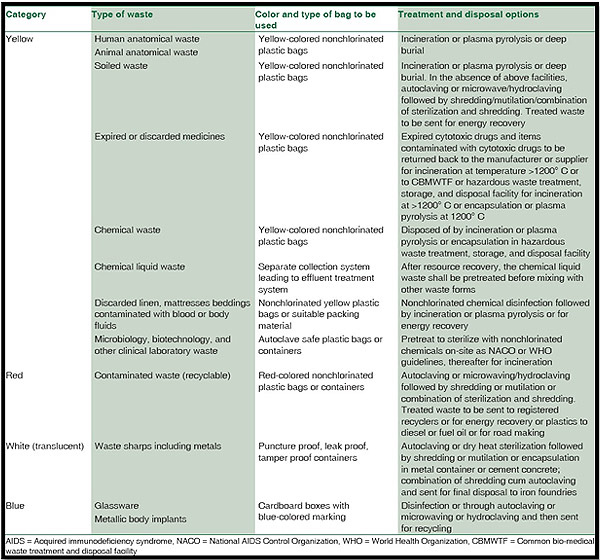Some Ideas on Reclaim Waste You Need To Know
Some Ideas on Reclaim Waste You Need To Know
Blog Article
Reclaim Waste Things To Know Before You Get This
Table of ContentsLittle Known Questions About Reclaim Waste.4 Easy Facts About Reclaim Waste ShownThe Ultimate Guide To Reclaim WasteReclaim Waste - TruthsThe Definitive Guide for Reclaim Waste
Explore the kinds, incidents, and forms of fluid waste. Domestic sewer waste refers to the waste and items from a property sewage-disposal tank. This kind of waste is produced by humans in residences, schools, and other structures. This only includes septic tanks that have a drainpipe field. The appropriate administration and disposal of domestic sewer waste require fluid waste to be transferred to a sewer therapy plant where the appropriate approaches and devices are put on cleanse and deal with waste.
Business waste typically includes prospective threats, such as flammable products or a combination of liquid and solid waste items, and calls for a more sophisticated and detailed disposal process. The disposal of industrial waste commonly involves the purification of waste before transportation to make sure secure and proper disposal. Industrial waste is produced from by-products and drainage of commercial procedures and production.
This kind of waste can not use the exact same sewer monitoring transportation or processes as septic or commercial liquids. The industrial waste management process needs the assessment and screening of fluid waste prior to it undertakes the disposal procedure (liquid waste removal melbourne). Overflow waste is the liquid waste that comes from runoff and excess stormwater in highly populated areas or cities
Drainage waste can trigger contamination and flooding if not dealt with correctly. Ensuring correct waste monitoring can avoid disasters and reduce ecological harm.
4 Easy Facts About Reclaim Waste Explained
Contact PROS Solutions today to find out about our waste management and disposal solutions and the correct methods to look after the liquid waste you create.
(https://www.openstreetmap.org/user/reclaimwaste1)This so-called 'wastewater' is not just an important source but, after therapy, will be launched to our land, rivers or the ocean. Made use of water from bathrooms, showers, bathrooms, kitchen area sinks, washings and industrial processes is recognized as wastewater.

water utilized to cool down machinery or tidy plant and equipment). Stormwater, a kind of wastewater, is runoff that streams from farming and urban areas such as roofings, parks, gardens, roadways, paths and rain gutters right into stormwater drains, after rainfall. Stormwater moves neglected straight to local creeks or rivers, ultimately getting to the sea.
Getting The Reclaim Waste To Work
In Queensland, the majority of wastewater is dealt with at sewer therapy plants. Wastewater is carried from domestic or commercial websites with a system of drains and pump terminals, recognized as sewerage reticulation, to a sewage treatment plant. City governments develop, keep and run most sewer therapy plants. Operators are accredited under the Environmental Protection Act 1994 to release cured wastewater at an appropriate ecological standard right into rivers.
The Department of Natural Resources advises city governments concerning handling, operating and preserving sewerage systems and therapy plants. In unsewered locations, city governments may call for owners to set up private or household sewer therapy systems to treat residential wastewater from commodes, kitchen areas, shower rooms and laundries. The Department of Natural Resources authorizes the use of household systems when they are proven to be reliable.
In some brand-new class, treatment of some stormwater to eliminate litter, sand and crushed rock has started making use of gross contaminant catches. Wastewater treatment takes place in four phases: Removes solid matter.
Wastewater after that streams right into big tanks where solids resolve and are removed as sludge. Oil and scum are skimmed click here for more from the surface area. Utilizes tiny living microorganisms referred to as micro-organisms to break down and get rid of remaining liquified wastes and fine bits. Micro-organisms and wastes are included in the sludge. Eliminates nitrogen and phosphorus nutrients that can cause algal flowers in our rivers and intimidate aquatic life.
See This Report about Reclaim Waste
Nutrient removal is not offered in any way sewage therapy plants because it requires costly specialist devices. It is ending up being a lot more typical in Queensland. Clear liquid effluent created after treatment may still contain disease-causing micro-organisms. If this effluent is launched right into waterways such as rivers or the sea, the micro-organisms will eventually pass away out.

A lot of wastewater flows right into the sewerage system. Under the Act, neighborhood governments carry out approvals and permits for environmentally pertinent activities (Ages) involving wastewater launches that might have a regional impact.
Little Known Questions About Reclaim Waste.
Or else, samples are taken for research laboratory analysis. Commonly many tests are needed to develop the degrees of each of the different toxins such as oils, hefty steels and pesticides in water. Surveillance provides factual info regarding water top quality and can validate that permit problems are being fulfilled. The information obtained through tracking supplies the basis for making water high quality decisions.
Report this page